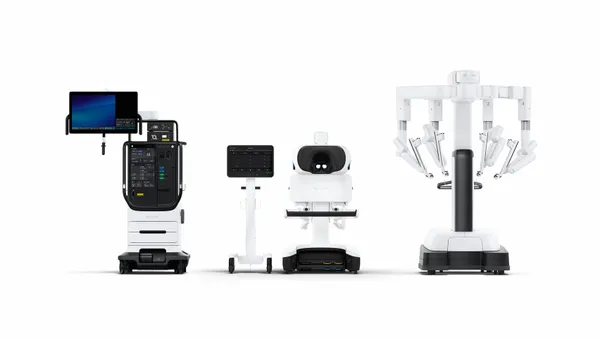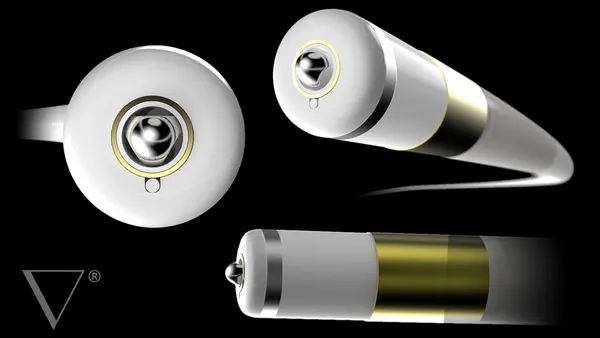UPDATE: June 16, 2021: After Philips recalled millions of sleep apnea and ventilator devices on Monday — a move which the medtech expects to cost roughly €500 million ($606 million) — rival ResMed could stand to benefit from the decision.
Needham analysts wrote that Philips' repair process may take several months, if not longer, due to the millions of devices that are in the field, which could drive patients and durable medical equipment providers to ResMed devices.
"Overall, we think it is inevitable that [ResMed] benefits from the recall though it is difficult to impossible to quantify at this point in time," the analysts wrote.
ResMed's stock price jumped on the news of the recall, climbing over 8% through Monday and Tuesday. The medtech's stock was down slightly Wednesday morning.
A Philips spokesperson said in an emailed statement that the recall affects 3 million to 4 million devices, over half of which are in the U.S.
FDA on Tuesday published Philips' recall announcement.
Dive Brief:
- Philips Monday recalled sleep apnea and mechanical ventilator devices due to health risks associated with the sound abatement foam used in the products. Millions of sleep apnea and ventilator devices have been produced using the foam, according to the company.
- The medtech said the issues come from sound abatement foam that is used in Bi-Level Positive Airway Pressure (Bi-Level PAP), Continuous Positive Airway Pressure (CPAP), and mechanical ventilator devices. The foam can be inhaled when broken down, possibly exposing patients to toxic chemicals. The foam may also give off harmful chemicals. No patient deaths have been reported due to the issues, and the company has received "no reports regarding patient impact related to chemical emissions."
- Philips expects approximately €500 million ($606 million) in costs related to the issues — the €250 million projected in Monday's announcement is in addition to a €250 million hit recorded in the first quarter. The company's stock price dropped by over 4% when the market opened Monday.
Dive Insight:
The company first alerted patients of possible health risks associated with the polyester-based polyurethane sound abatement foam used in certain machines in late April.
Philips found in further product testing that the sound abatement foam may break down into particles that can be inhaled by patients while using the machines. The foam can also give off possibly toxic chemicals.
The improper cleaning of machines and high heat and humidity environments may contribute to or exacerbate foam degradation, according to the company. Of the millions of products produced using the foam, there was a complaint rate of .03% in 2020.
Health risks from particle exposure and chemical exposure due to off-gasing include nausea/vomiting, headache, inflammation and "possible toxic and carcinogenic effects," according to the announcement.
The company advised patients to stop using Bi-Level PAP and CPAP devices and work with their physicians to find an alternative product. For patients requiring life-sustaining mechanical ventilator devices, Philips is advising patients to continue using the devices until meeting with a physician as stopping the use of the device may be riskier.
The majority of affected devices are part of the first generation DreamStation product families.
Philips will replace the sound abatement foam in first-generation DreamStation products and the machines will be shipped when required regulatory clearances are received. The DreamStation 2 CPAP platforms are not affected by the issue, and the company will increase the production of those machines due to the recall.
Despite the additional €250M in costs, Philips expects to offset the hit with other businesses and did not make any adjustments to fiscal year 2021 guidance provided in April.
The company did not respond to a request for comment at the time of publication.
Philips has notified regulatory agencies about the recall.













